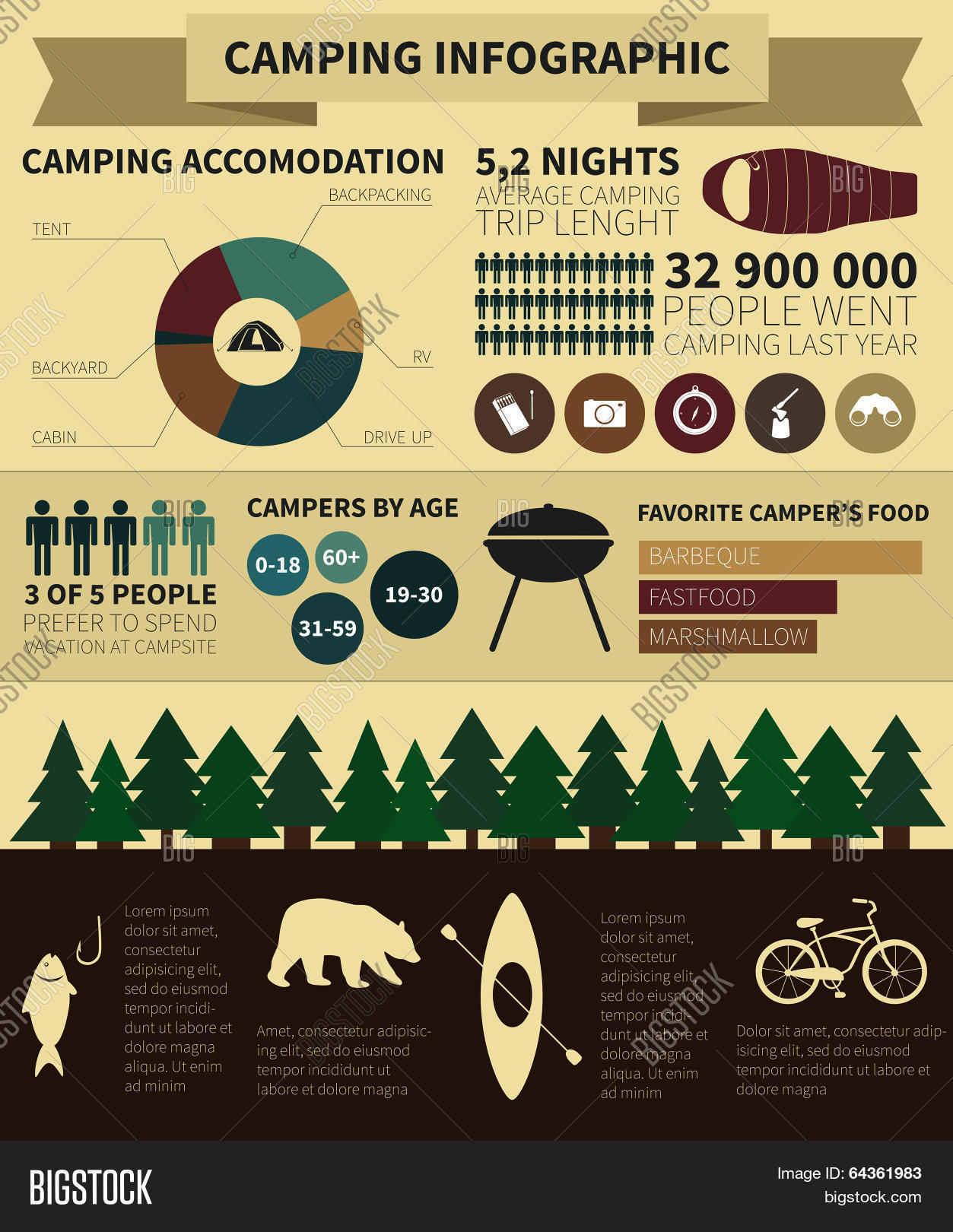Picking the right frame material is crucial for occasion outdoors tents. Whether it's coated steel for budget plan camping tents or plated light weight aluminum for heavy-duty applications, there are numerous considerations to bear in mind.
Steel frameworks are common in lower-priced pop-up outdoors tents yet are prone to rust despite coverings and require normal upkeep. Aluminum is lightweight, normally stands up to corrosion, and holds up well in humid or coastal environments.
Steel
When it comes to making certain the toughness of custom-made tents, the product made use of in their frameworks plays an important duty. Steel and aluminum alloys both use premium longevity, however each offers unique advantages that make it suitable for different sorts of atmospheres. Steel is ideal for sturdy conditions, while light weight aluminum excels in resisting rust and reducing upkeep costs.
When occasion hosts choose the right camping tent for their needs, they need to take into consideration elements like anticipated weather. For instance, frame outdoors tents commonly perform much better in windy or rainy conditions than post tents since they don't count on a central pole to support the framework. However, the links between framework items can deteriorate in high stress circumstances. Identifying these weak points and carrying out regular inspections can aid stay clear of potential damages.
Steel structures are difficult to reduce, weld or shape, which can need customized tools and boost labor costs. Furthermore, they often tend to rust or rust conveniently and may require added protection or finishes. Additionally, steel is extremely hefty and can create problems when moving a cover. It's also tough to save for long periods of time since it uses up more room than aluminum structures.
Light weight aluminum
Aluminum is a preferred frame product for canopy tents due to the fact that it's lightweight, rust-resistant, and very easy to transfer and set up. It additionally offers a much more steady sanctuary during gusty problems than steel structures. Aluminum is less vulnerable to tearing and any type of damage can be conveniently fixed, lengthening the life of the outdoor tents. It also breathes to minimize condensation and offers superior acoustic insulation to dampen outside noise.
The resilience of aluminum structure camping tents is additionally improved by the all-natural oxidation residential properties of the metal. It creates a portable oxide layer that secures the surface from deterioration and discolorations. As such, the long life of a light weight aluminum appear camping tent can be enhanced even better when the structure is plated.
Plated aluminum is more powerful than steel and can stand up to high wind speeds. On top of that, the finish stands up to rust and discolorations, extending the life expectancy of the tent. In addition, plated light weight aluminum is recyclable and sustainable, making it perfect for services seeking LEED accreditation. The mix of these residential properties makes aluminum an extra cost-effective choice than steel for large, hunting heavy-duty outdoors tents, such as those used to suit industrial tools and warehouse supply. Steel, on the other hand, is extra expensive due to the fact that it requires costly alloys such as nitrogen, molybdenum, and chromium to boost toughness.
Iron
Iron frame outdoors tents commonly last approximately 15 years if the right treatment and upkeep is applied. This consists of regularly cleansing textile and evaluating steel elements for deterioration and wear. By taking these actions, event hosts can optimize the dependability of their frameworks and ensure their ongoing performance in challenging settings.
Steel is an optimal material for creating long lasting camping tents, especially for usage in severe weather. It is a strong, sturdy, and inexpensive material that offers stability and strength for a variety of applications. Nevertheless, steel is prone to rusting in damp and coastal atmospheres. The addition of safety layers and routine maintenance can aid to alleviate this risk, however these efforts increase overall maintenance costs.
In contrast, aluminum is a much more long lasting selection for a personalized tent due to its all-natural oxidation residential or commercial properties. When anodized, light weight aluminum becomes super-strong and up to 3 times more difficult than standard light weight aluminum alloys. This makes anodized light weight aluminum the second-hardest compound alongside ruby (satellites, aircraft, and military lorries all make use of anodized light weight aluminum). In addition to its resilience, anodized light weight aluminum is also more immune to corrosion than steel. These aspects make aluminum an excellent choice for appear canopy camping tents and add to their ability to bring longer service warranties (5, 7, and even lifetime structure warranties). Additionally, aluminum is 1/3 the weight of steel permitting a much thinner frame style for even more personalization alternatives and increased stamina.
